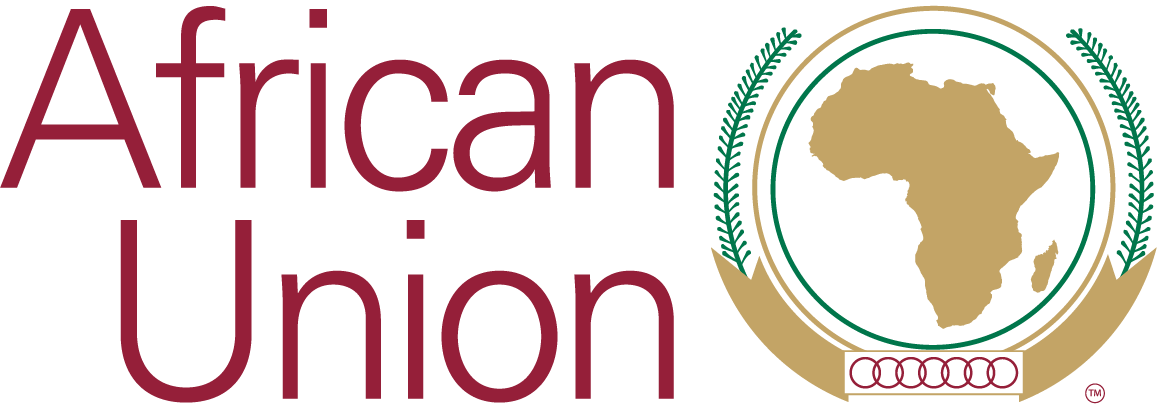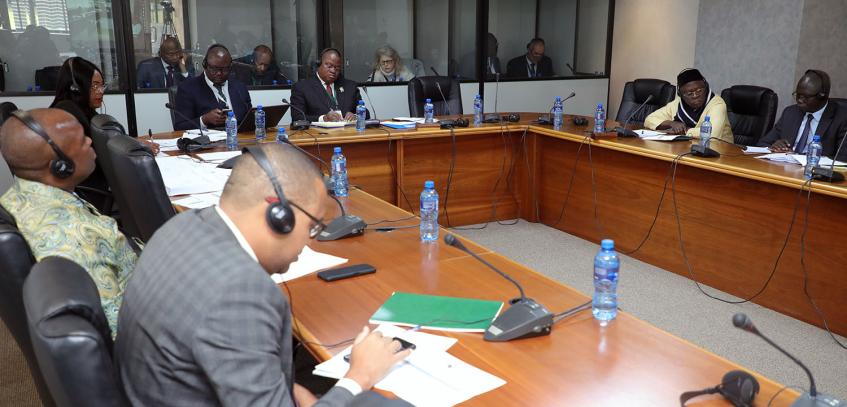The Pan-African Parliament Committee on Education, Culture, Tourism and Human Resources is to embark on regional oversight tours to engage with national governments and stakeholders in the educational sector on revamping the African education system.
This was disclosed by Hon Bertin Koudio Kouakuo, Chairman of the Committee on Education, Culture, Tourism and Human Resources, on the first day of Committee meetings which forms part of the Pan-African Parliament’s 3rd Ordinary Session.
The Committee meeting was held under the African Union theme for the year 2024, “Educate an African fit for the 21st century: building resilient education systems for increased access to inclusive, lifelong, quality, and relevant learning”.
According to Hon Kouakuo, the Committee has secured funding from partners to undertake this important exercise to ensures that all stakeholders are engage in broader consultations towards achieving the AU theme for the year.
Making a presentation on the topic: “The benefits of Science, Technology, Engineering and Mathematics (STEM) education in the pursuit of sustainable development: Pathways, Prospects, and Policies,” Dr. Grace K. Baguma, Director, National Curriculum Development Centre (NCDC)-Uganda, advocated for the establishment of robust mechanisms to monitor and evaluate the impact of STEM education policies at the national and regional levels.
She encouraged member states to collect data and conduct regular assessments to track progress, identify challenges, and make data-driven adjustments to STEM education policies.
She explained that STEM education, encompassing Science, Technology, Engineering, and Mathematics, is an interdisciplinary approach to learning that integrates these four disciplines into a cohesive curriculum based on real-world applications. STEM education aims to develop critical thinking, problem-solving, and analytical skills by engaging students in hands-on, experiential learning activities. This educational paradigm not only prepares students for careers in STEM fields but also equips them with the competencies necessary to navigate an increasingly complex and technologically driven world.
She posited that to further support STEM education, the Pan-African Parliament and national governments should allocate more resources to STEM education, including funding for infrastructure, teacher training, and student support programs. “We need to emphasized the importance of investing in education as a means to drive sustainable development and economic growth across the continent”.
Dr. Grace K. Baguma called on member states to invest in curriculum development initiatives that promote hands-on, experiential learning and foster critical thinking skills. “We need more collaboration between governments, private sectors, and non-governmental organizations to leverage additional resources and expertise in advancing STEM education”.
She further championed the implementation of targeted programs to promote STEM education among girls and marginalized communities, addressing socio-cultural barriers and providing mentorship opportunities.








